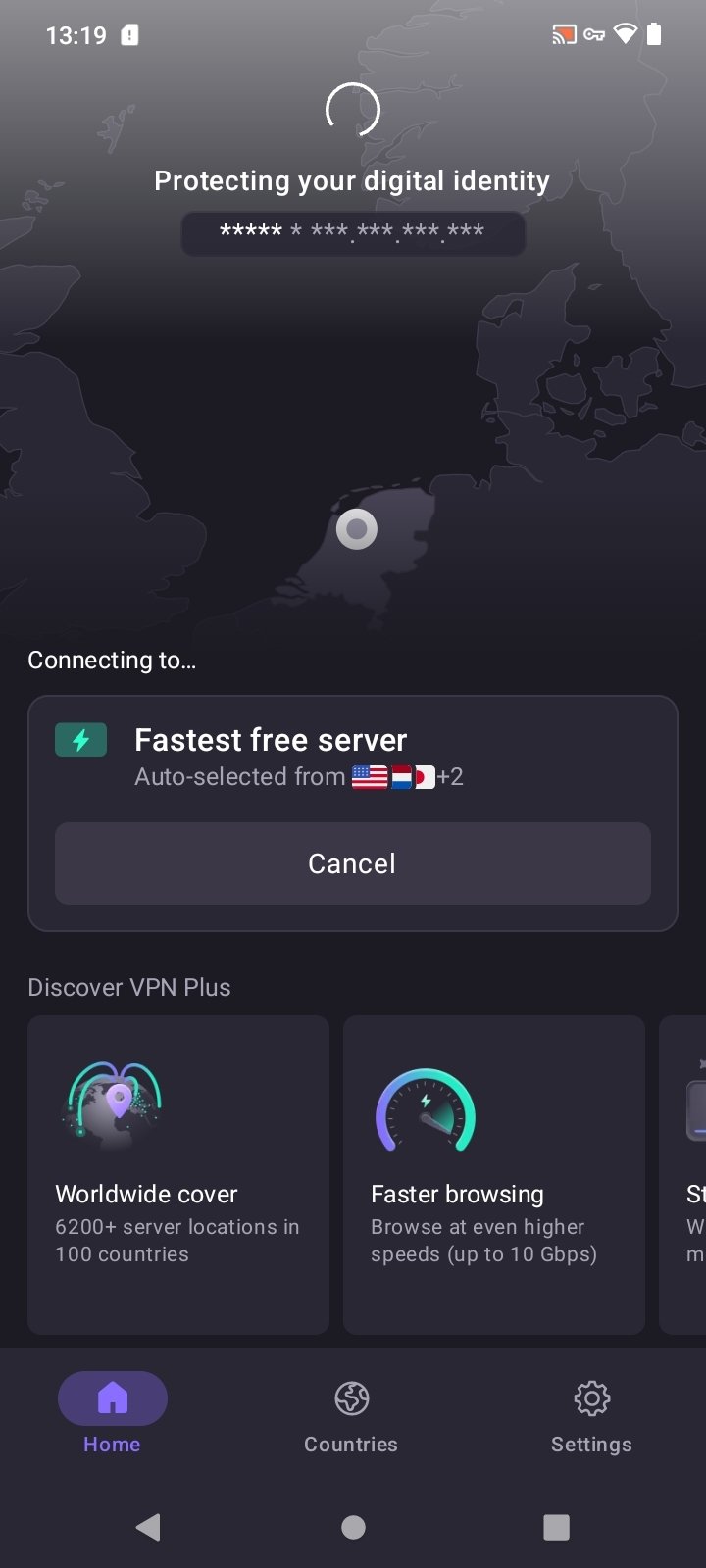

However, if that peer is behind their own VPN firewall without port forwarding, you will not be able to initiate a connection or share files with them. Since this is an outgoing connection, our firewall will not block it. Your P2P client will be alerted that an incoming connection has been blocked and will attempt to initiate its own connection back to the peer instead. This is not a problem if the peer trying to initiate a connection is not using a VPN or is using a VPN with port forwarding. It is likely these incoming connections from the internet will be blocked by the firewall we use on our VPN server.

When you seed content, other P2P users will attempt to initiate a connection with your P2P client. So the more you seed, the faster you can download content.

P2P protocols were designed to encourage sharing by tying download speeds to upload speeds. If you don’t share (seed) your own content with others (your peers), then no content will be available for anyone. Peer-to-peer file-sharing protocols such as BitTorrent are used to download and upload files using a program called a P2P client.
#Protonvpn port forwarding upgrade
Upgrade Why do I need port forwarding when using P2P? If you are on our free plan, upgrade now to start benefiting from it. Port forwarding is available for every Proton VPN user with a paid plan. It can also help performance on online gaming platforms. Now available for our Windows VPN app, port forwarding is a new feature that dramatically improves download speeds when using peer-to-peer (P2P) software. Following months of hard work by our engineering team, we are excited to announce a feature that you, our passionate and highly engaged community, have been clamoring for: port forwarding.


 0 kommentar(er)
0 kommentar(er)
